1-stage, 2-stage, or variable heat pump for a/c and heat
last year
Featured Answer
Sort by:Oldest
Comments (38)
- last year
Related Discussions
please explain staged heating on heat pumps
Comments (6)Andre, Staging the strips can save a bunch of money in just one winter especially if the heat pump isn't shut off when it is so cold it can't even come close to keeping the temp satisfied. Here is a good example and good reason to use the vision pro stat with outdoor temp sensor or some other low temp cutout for the heat pump. Here are some numbers for our system. Heat pump draws 20amps Heat strips draw 50 amps per stage with 2 stages. Total heating available is 120amps.. but the air handler should be able to heat the home with strips only so there is not cost effective to ever run all three. Temps in the 30's-40's.. heat pump works with no need for strips... 20amps consumed plus blower motor! Temps down in the 20's the heat pump can't quite keep up and needs some help satisfying the tstat at times with no staging on strips. 120amps plus blower motor UGH! Same scenerio strips are staged... Tstat calls for 1st stage of strips with heat pump 70amps plus blower motor big difference. OK now its dropping to a bone chilling 0 at night and 18 during the day and the heat pump is set to cut out below 15 degrees on the Honeywell Vision Pro and the unit is staged. Above 15 degrees the heat pump runs and cycles one set of strips to keep the stat satisfied. Without any need for the owner to change or forget to change the stat to emergency the stat shuts the heat pump off at 15 degrees and relies solely on the staged strips until the next morning or until the temps comes back up. There is no need to worry about forgetting to set the stat on emergency or setting it back into normal mode. Amps used above 15 degrees 20-70... Amps used below 15 would be 50 alternating to 100 when the second stage comes on. Staging and temp lockout can both save quite a bit of money and wear and tear on the outside unit if it gets miserably cold out....See MoreAux heat source to be stage1 heat and heat pump stage2.
Comments (3)Your friend's work around with the thermal switch sounds as if it was in lieu of a third stage on your thermostat. Honeywell makes a three stage thermostat (3 heat - 2 cool) The TH8110U that would do that for you. And there are others. A bit of an expense though, considering that what you have essentially accomplishes the same thing....See Moreare 2 stage heat pumps 2 stages in heat and cool?
Comments (2)Heat pumps need to be sized for their cooling loads. If you don't then the equipment will run in short cycles during the summer. This means higher humidity, higher electricity bills, and a shorter life span. Over sized 2-stage equipment is a little more forgiving, but in the low stage most 2-stage equipment operates at 70-75% of total capacity. How do you currently heat your house? If it is fuel oil, then a dual fuel system makes a lot of sense. If it natural gas, then you may not be saving much money with a heat pump. Post the rates of your fossil fuel and electricity and a calculation can be done to compare the relative operating costs....See MoreTwo stage vs full variable stage heat pump
Comments (6)we have a trane two stage compressor. with the tam7 airhandler. we are in sw florida, if that helps. i believe american standard is a rebranded trane, but im not sure of that... we have no complaints. our home was a new build, four yesrs old extremely well insulated, great windows, obvioysly new and well sealed ductwork, in semi conditioned space. . we almost never have the second stage kick in... if you're not well insulated, at least you will probably only run in first stage in shoulder season, saving some power and short cycling. if you're in a high humiduty area as we are, you mught also consuder a whole house dehumidifier. we. can set the ac at 79 or 80, and feel very comfortable. reversible ceiling fans in all rooms but kitchen and dining....See More- last year
- last year
- last yearlast modified: last year
- last year
- last year
- last year
- last year
- last yearlast modified: last year
- last year
- last year
- last year
- last year
- last yearlast modified: last year
- last yearlast modified: last year
- last year
- last year
- last year
- last year
- last year
- last year
- last year
- last year
- last year
- last year
- last yearlast modified: last year
- last year
- last year
- last year
- last yearlast modified: last year
- last year
- last yearlast modified: last year
- last year
- last year
- last year
- last year
Related Stories
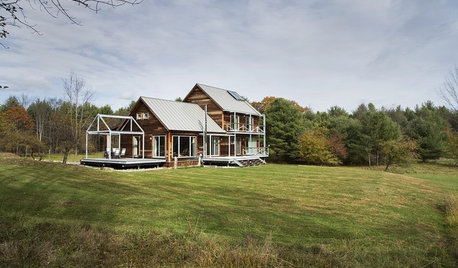
GREEN BUILDINGHouzz Tour: Passive House in Vermont Slashes Heating Bills
Its ecofriendly, low-maintenance design leaves a family with more time to relax and enjoy the weekend home
Full Story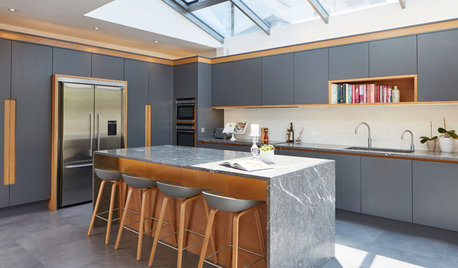
MOST POPULARRemodeling Your Kitchen in Stages: Detailing the Work and Costs
To successfully pull off a remodel and stay on budget, keep detailed documents of everything you want in your space
Full Story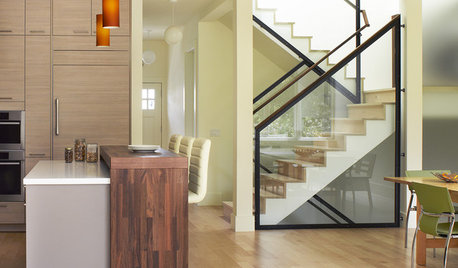
FLOORSIs Radiant Heating or Cooling Right for You?
Questions to ask before you go for one of these temperature systems in your floors or walls (yes, walls)
Full Story
GREEN BUILDINGInsulation Basics: Heat, R-Value and the Building Envelope
Learn how heat moves through a home and the materials that can stop it, to make sure your insulation is as effective as you think
Full Story
GREAT HOME PROJECTSHow to Add a Radiant Heat System
Enjoy comfy, consistent temperatures and maybe even energy savings with hydronic heating and cooling
Full Story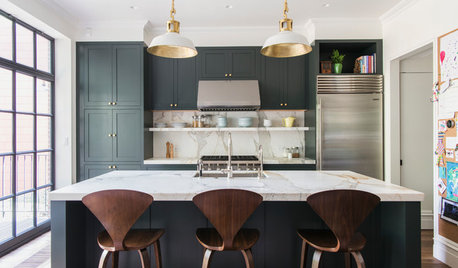
KITCHEN DESIGNRemodeling Your Kitchen in Stages: Planning and Design
When doing a remodel in phases, being overprepared is key
Full Story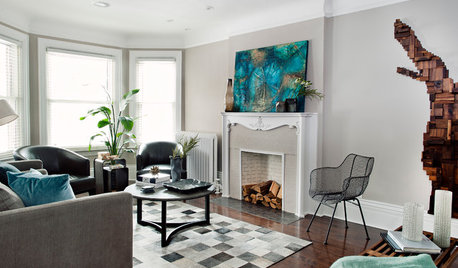
MOST POPULARCrowd-Pleasing Paint Colors for Staging Your Home
Ignore the instinct to go with white. These colors can show your house in the best possible light
Full Story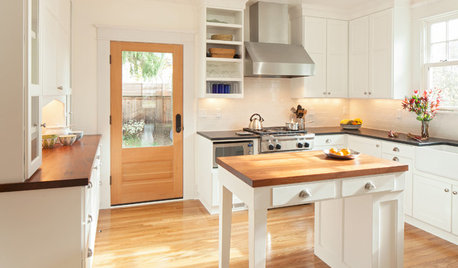
SELLING YOUR HOUSEHow to Stage Your Kitchen for a Home Sale
Attract buyers with a kitchen that’s clean, bright and welcoming — no expensive overhaul required
Full Story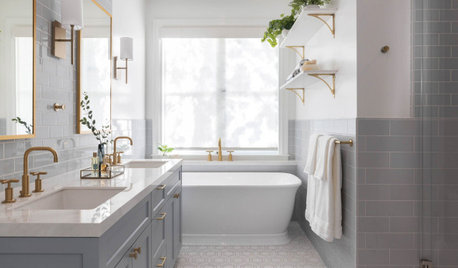
FLOORSWhat to Ask When Considering Heated Floors
These questions can help you decide if radiant floor heating is right for you — and what your options are
Full Story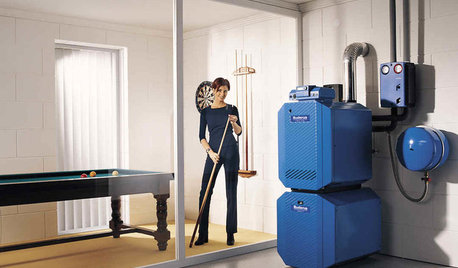
HOUSEKEEPING5 Steps to Improve Your Heating System Now
Increase your heater's efficiency and safety for lower energy bills and greater peace of mind this winter
Full Story


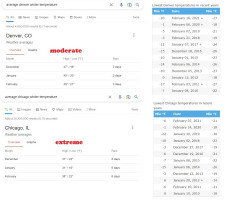
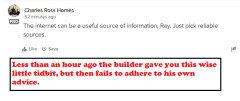


wdccruise